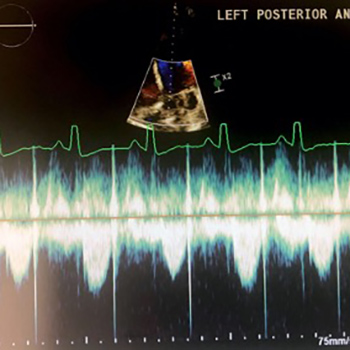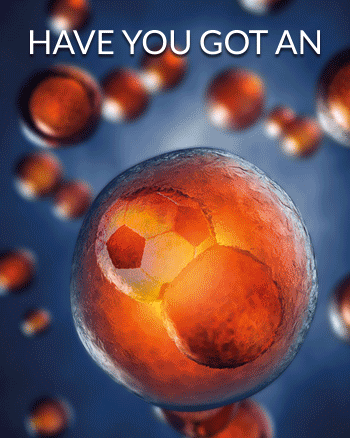Keywords
Inhalant, cardiomyopathy, hydrocarbon toxicity
Abstract
Inhalants are common drugs of abuse. Hydrocarbons, the active ingredient in most inhalants, exert depressant effects on the central nervous system, causing a ‘high’. In the heart, hydrocarbon toxicity can predispose patients to arrhythmias and heart failure through increased sympathetic susceptibility. We present the case of a 28-year-old female who developed dilated cardiomyopathy in the setting of chronic inhalant abuse.
References











